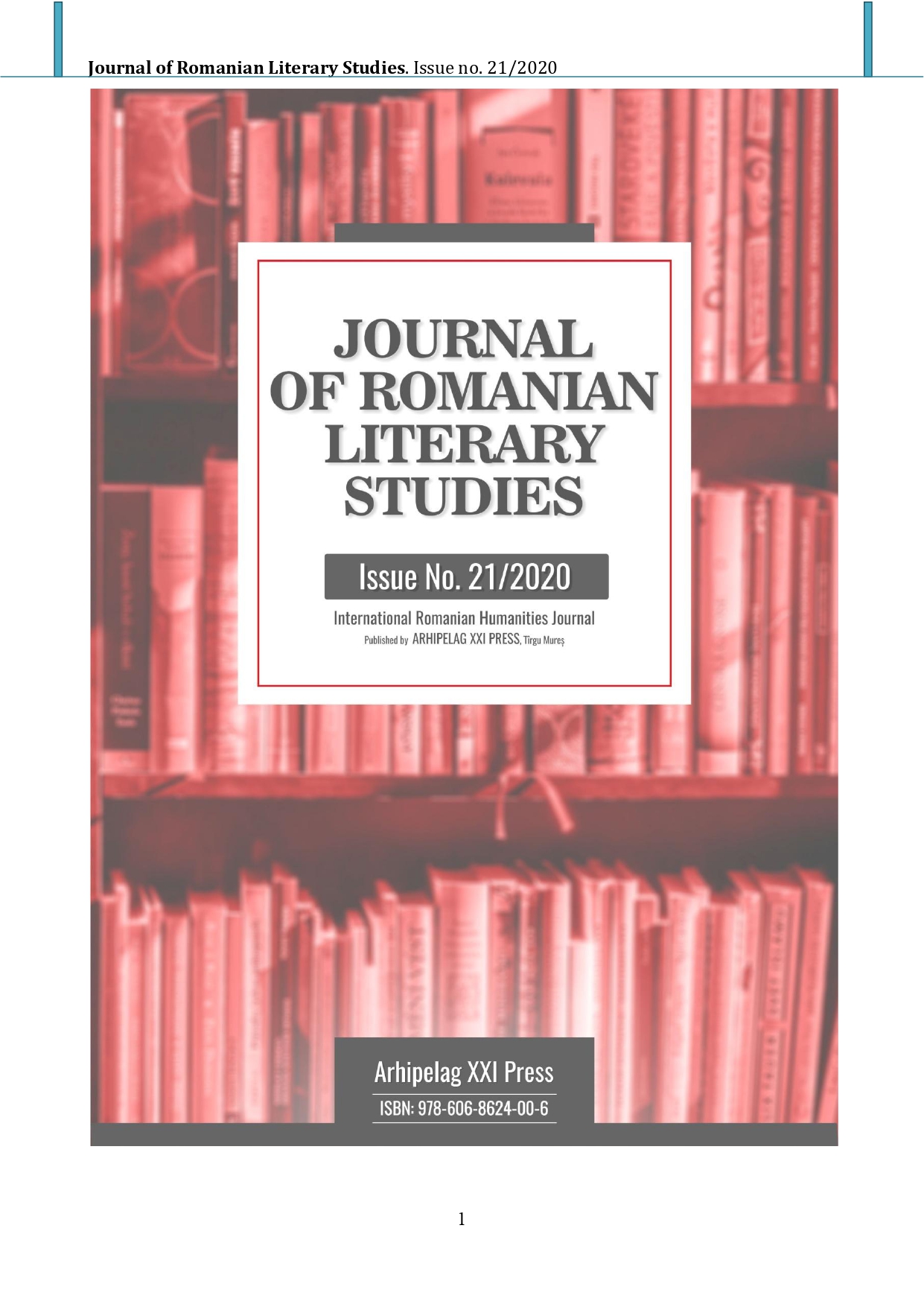LE DESENCHANTEMENT CULTUREL DU MONDE, POINT DE FUITE DU CONSERVATISME METAPOLITIQUE KUNDERIEN : TENSIONS ET PARADOXES D’UN RAPPORT AMPUTE A LA MODERNITE ET A L’EUROPE
THE CULTURAL DISENCHANTMENT OF THE WORLD, THE VANISHING POINT OF THE KUNDERIAN METAPOLITICAL CONSERVATISM: TENSIONS AND PARADOXES OF AN AMPUTATED RELATIONSHIP TO MODERNITY AND EUROPE
Author(s): Alexis ChapelanSubject(s): Cultural history, History of ideas, Sociology of Culture
Published by: Editura Arhipelag XXI
Keywords: Conservatism; Europe; cultural identity; politization; disenchantment;
Summary/Abstract: As a cultural worker during the height of the Cold War, Milan Kundera had to grapple with the painful breakdown of the identarian narrative of Europe under the pressure of the bipolar tropism of an implacable West-East antinomy. Like many of his peers and his illustrious forefathers, most notably Stefan Zweig, he had a powerful and distinct vision of Europe as a spiritual quintessence cemented by culture. But, as an exile in Paris, at the heart of the bustling Occidental modernity, Kundera also came to the woeful realization that the dream that Eastern dissidents so preciously nurtured beyond the Iron Curtain was nothing but a chimera. Hence the unique strand of conservatism that is tinging his work. Our paper sets out to decipher the nature and the ontological undertows running through Kundera’s disenchantment with modernity in its Marxism but also, more unexpectedly, Western form. We aim to show that, despite recent efforts in this direction, it is profoundly myopic to re-branding Kundera as a champion of an “Alt-Europe”, opposed to the bureaucratic, Maastrichtian edifice. We will, however, also attempt to fit these musings within the wider framework of the political and cultural tensions that can still, to this day, fuel a bitter sense of mutual misunderstanding between Western Europe and the post-communist Central and Eastern Europe.
Journal: Journal of Romanian Literary Studies
- Issue Year: 2020
- Issue No: 21
- Page Range: 830-838
- Page Count: 9
- Language: French

